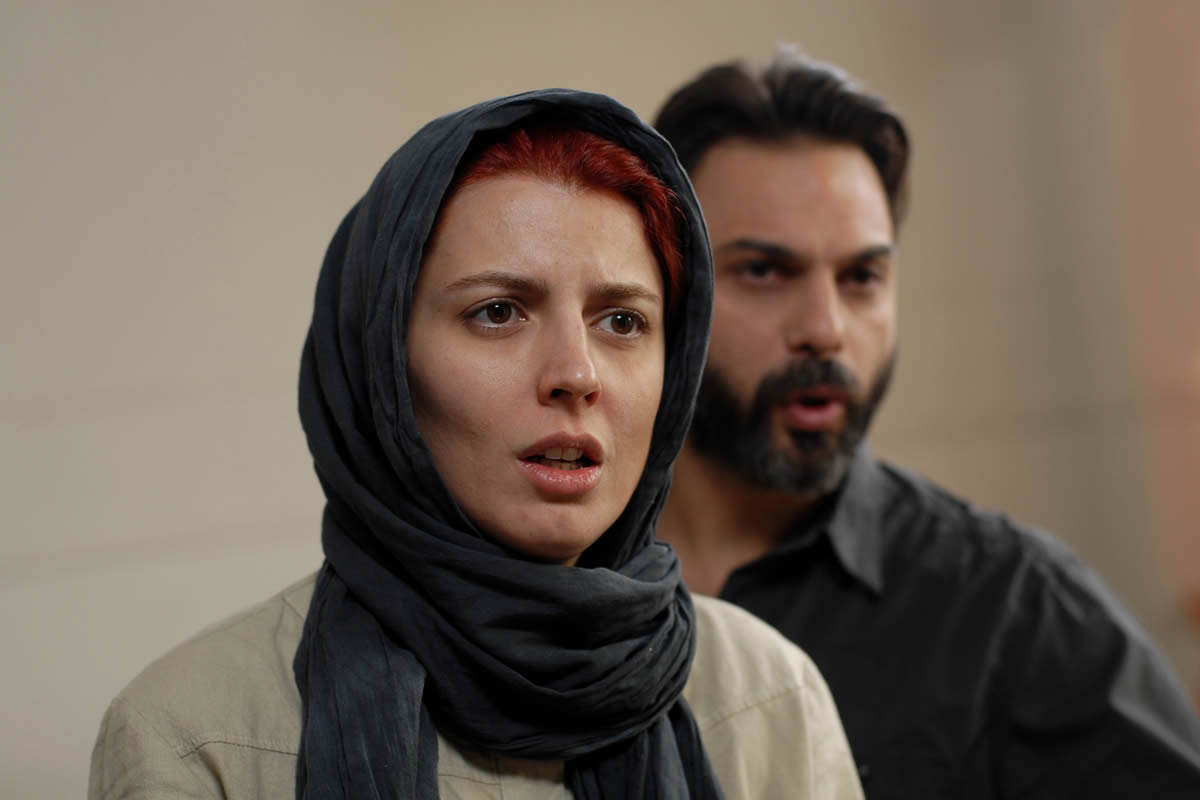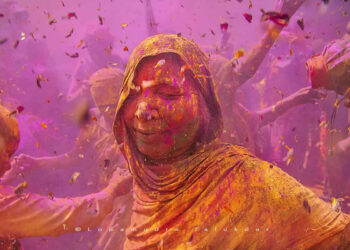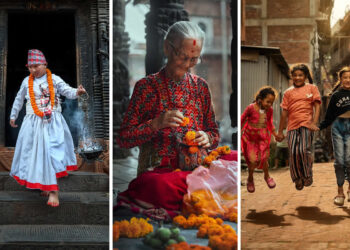Iranian cinema has long been a source of profound storytelling, offering a unique blend of poetic narratives, social commentary, and deeply human experiences. With its rich cultural heritage and innovative filmmakers, Iran has produced some of the most thought-provoking films in world cinema. These films often explore themes of resilience, love, family, and the complexities of Iranian society, leaving a lasting impact on global audiences. Whether you are new to Iranian cinema or a seasoned fan, here are ten inspiring Iranian movies that every movie lover must watch.
1. A Separation (2011) – Directed by Asghar Farhadi

Winner of the Academy Award for Best Foreign Language Film, A Separation is a powerful exploration of family dynamics, societal pressures, and moral dilemmas. The story revolves around a couple seeking a divorce and the cascading consequences their decision has on their family and others. Asghar Farhadi masterfully weaves a narrative filled with emotional complexity, highlighting the clash between tradition and modernity in contemporary Iran. The film’s compelling characters and moral ambiguity make it a must-watch for anyone interested in thought-provoking cinema.
2. Children of Heaven (1997) – Directed by Majid Majidi
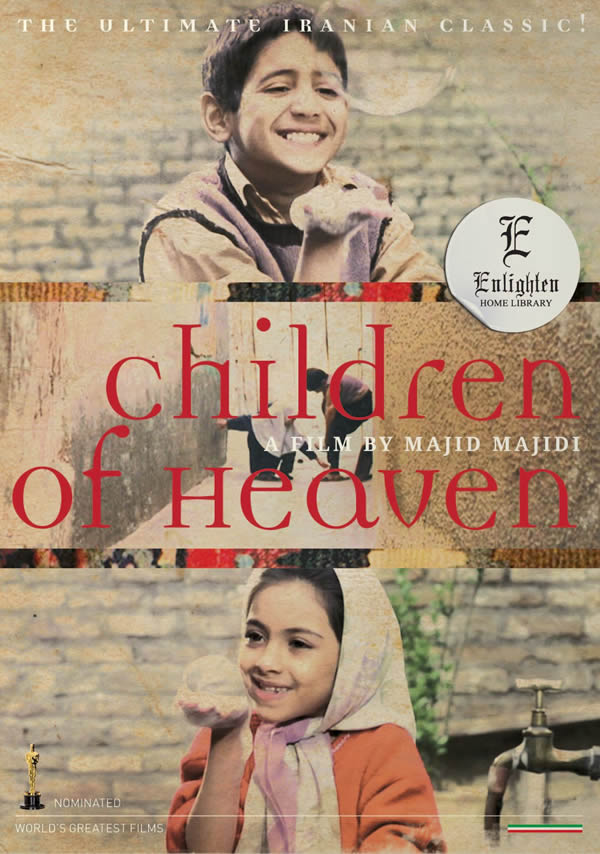
A heartwarming and simple yet deeply touching story, Children of Heaven follows the journey of a young brother and sister as they deal with the loss of a pair of shoes. In their modest neighborhood, the siblings come up with a plan to share one pair between them without telling their parents. Majid Majidi’s film beautifully captures the innocence and resilience of childhood while subtly reflecting on the socioeconomic challenges faced by many families in Iran. This film’s universal themes of love, sacrifice, and perseverance continue to resonate with audiences worldwide.
3. The Salesman (2016) – Directed by Asghar Farhadi
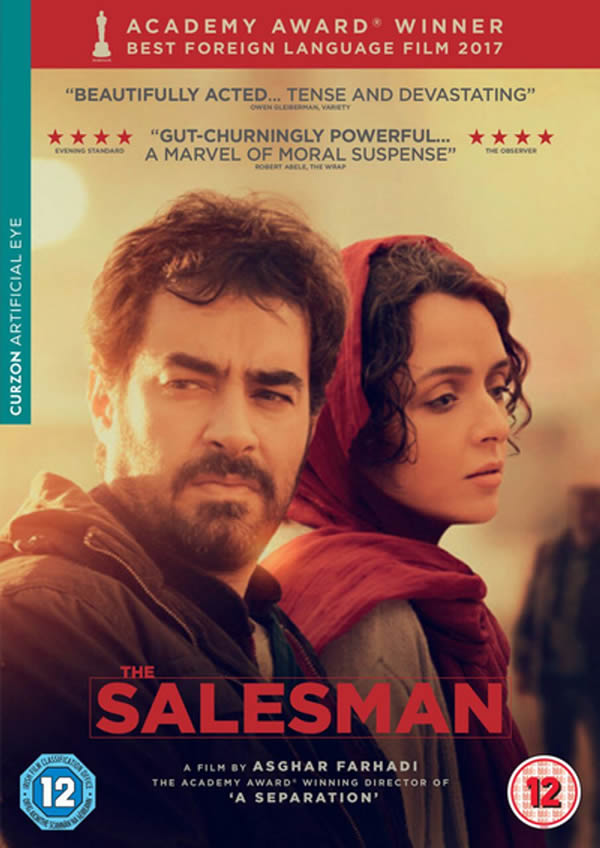
Another Oscar-winning film from Asghar Farhadi, The Salesman tells the story of a married couple whose lives are disrupted by an unexpected event while rehearsing for a performance of Arthur Miller’s play Death of a Salesman. As the couple deals with the aftermath of the event, the film delves into themes of revenge, forgiveness, and the complexities of human relationships. With its layered characters and intense emotional depth, The Salesman is an engrossing look at personal and societal conflicts.
4. The White Balloon (1995) – Directed by Jafar Panahi
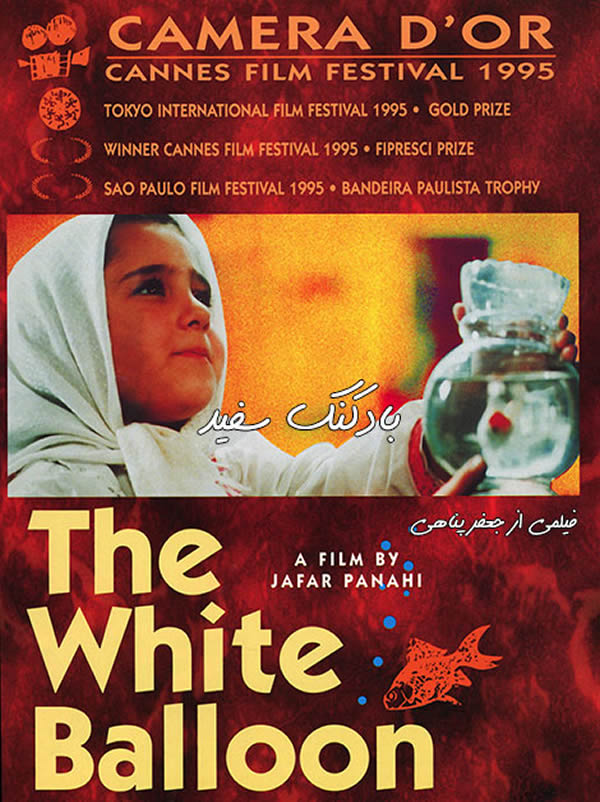
Jafar Panahi’s The White Balloon is a charming and deceptively simple tale about a young girl, Razieh, who desperately wants to buy a goldfish for the New Year celebration. Through her journey in Tehran’s busy streets, the film subtly examines class divides, childhood innocence, and the nuances of Iranian society. It’s a film that captures everyday life with tenderness and authenticity, offering a slice-of-life perspective that is both moving and revealing.
5. Close-Up (1990) – Directed by Abbas Kiarostami
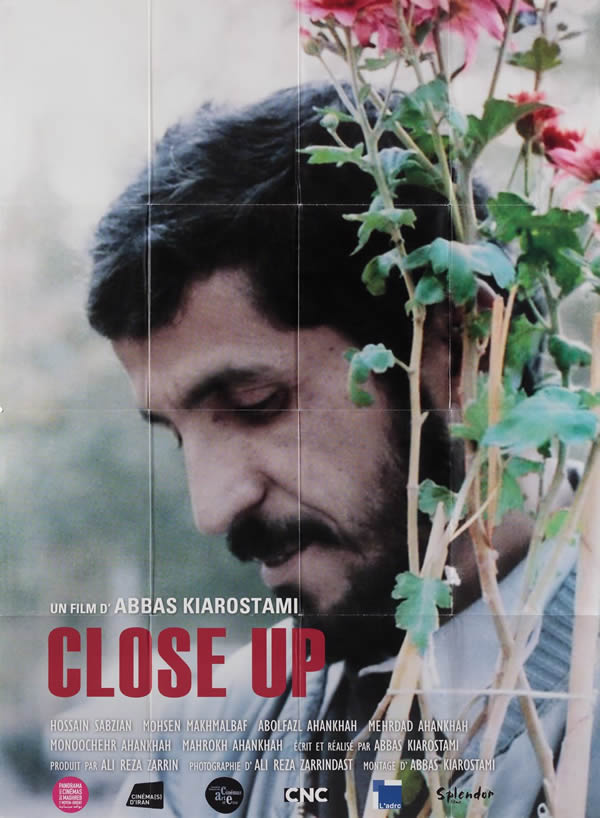
Blurring the lines between documentary and fiction, Close-Up by Abbas Kiarostami is a masterpiece that explores the themes of identity, deception, and the power of cinema. The film is based on the true story of a man who impersonates a famous director to enter a wealthy family’s home and cast them in a supposed film. Kiarostami’s innovative approach, using real-life participants in the actual events, creates a film that is as intellectually stimulating as it is emotionally compelling. Close-Up is a quintessential piece of Iranian cinema and a must-watch for lovers of film.
6. Taste of Cherry (1997) – Directed by Abbas Kiarostami
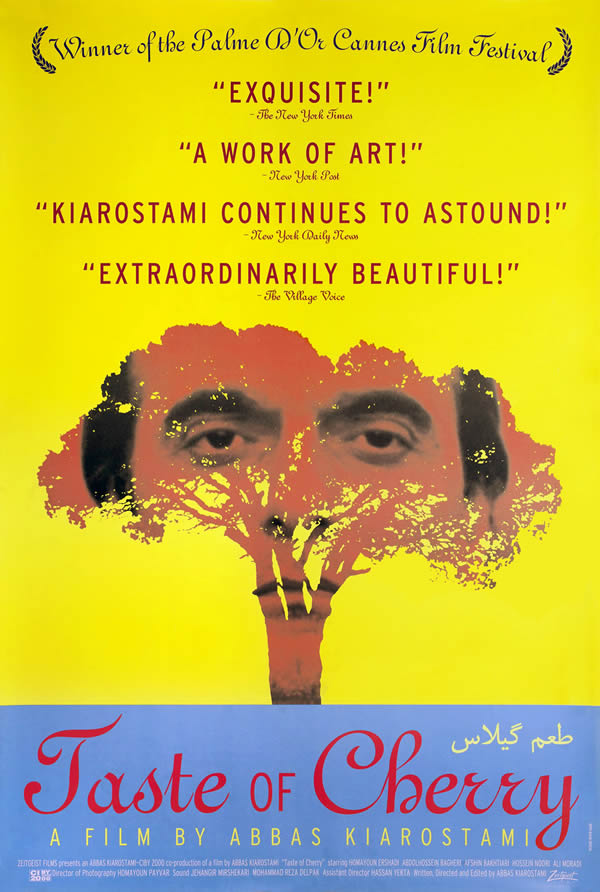
Winner of the Palme d’Or at the Cannes Film Festival, Taste of Cherry is a minimalist yet deeply philosophical film that follows the journey of a man contemplating suicide. As he drives through the countryside looking for someone to help him with his final wishes, he encounters people from different walks of life, each offering a unique perspective on the value of life. Abbas Kiarostami’s meditative storytelling invites viewers to reflect on existential themes in a quiet yet profound manner.
7. The Color of Paradise (1999) – Directed by Majid Majidi
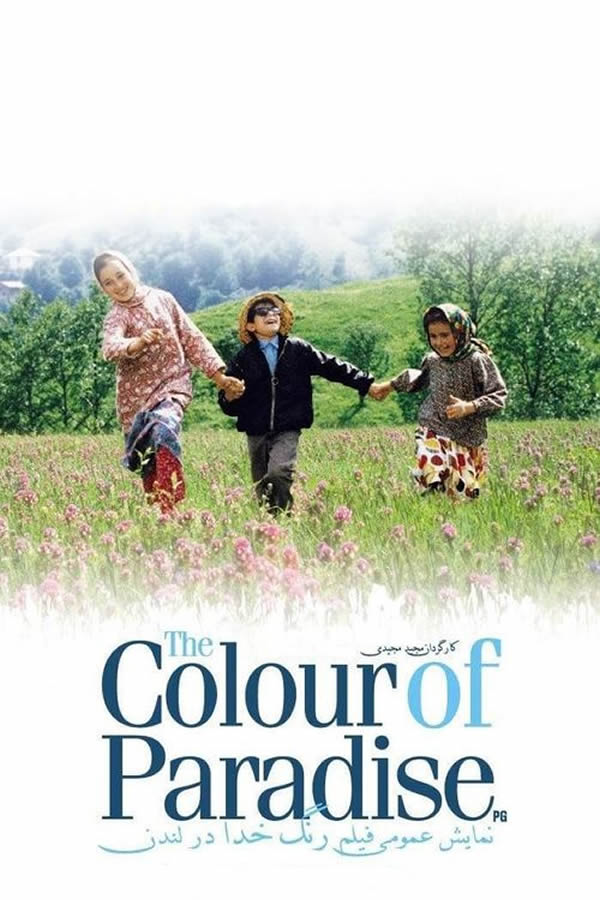
Another beautiful film by Majid Majidi, The Color of Paradise tells the story of a blind boy, Mohammad, who returns home from his boarding school for summer vacation. His father, burdened by societal expectations, struggles with accepting his son’s disability. Through breathtaking visuals and a poignant narrative, the film explores themes of faith, family, and the meaning of true vision. Majidi’s ability to capture the beauty of the natural world, alongside the emotional turmoil of his characters, makes this film an inspiring and unforgettable experience.
8. Persepolis (2007) – Directed by Marjane Satrapi
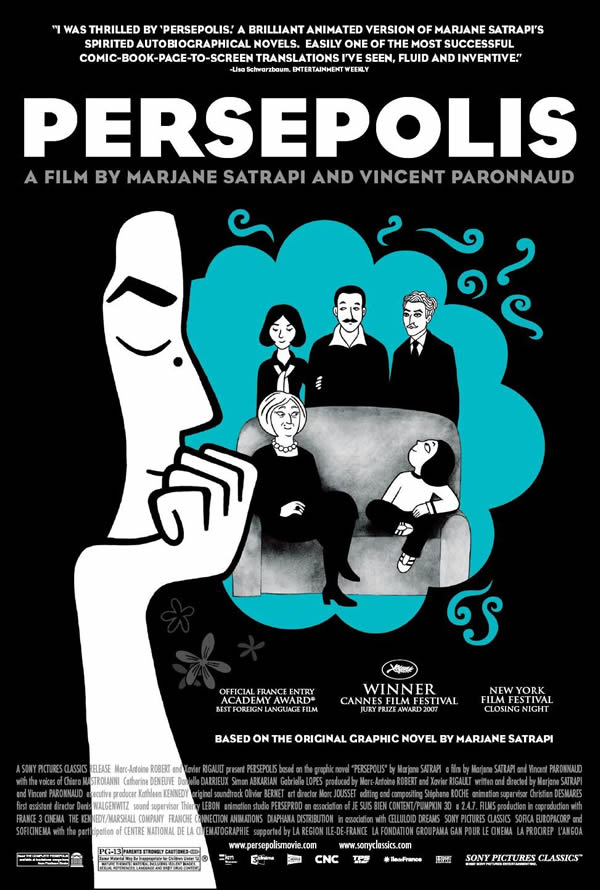
Persepolis is a critically acclaimed animated film based on Marjane Satrapi’s autobiographical graphic novel. It tells the story of her childhood and early adult years during and after the Islamic Revolution in Iran. Through its bold black-and-white animation style, the film brings to life Marjane’s experiences of growing up under a repressive regime, her exile, and her search for identity. Both humorous and heartbreaking, Persepolis offers a unique perspective on Iranian history and culture, making it an essential watch for those interested in political and personal narratives.
9. Where Is the Friend’s House? (1987) – Directed by Abbas Kiarostami
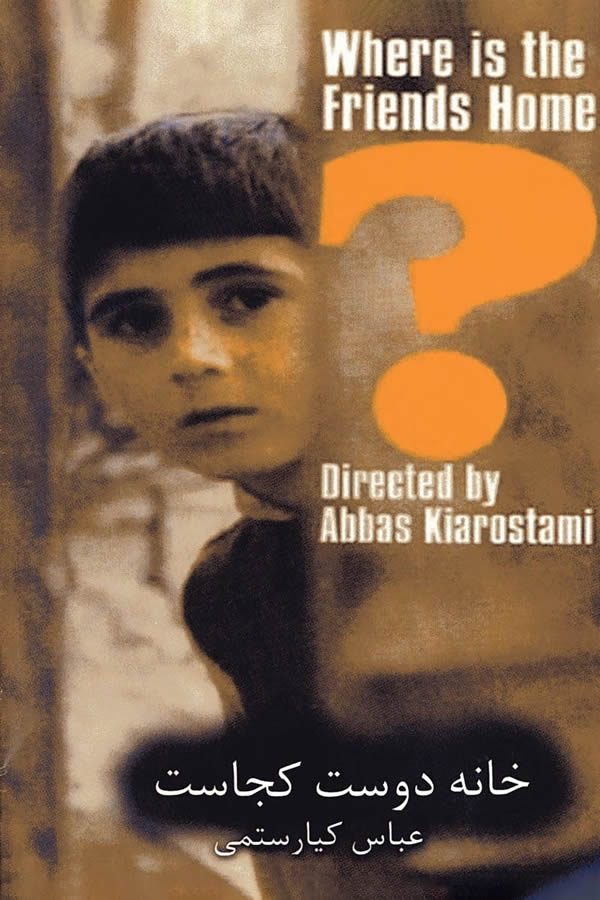
One of Abbas Kiarostami’s most beloved films, Where Is the Friend’s House? is a simple yet profound story about a young boy’s quest to return his classmate’s notebook, fearing his friend will be expelled if it’s not returned. The film highlights the purity of a child’s sense of responsibility and empathy. Kiarostami’s focus on the rural landscape and the small, seemingly insignificant moments of life elevates this film into a meditative exploration of human kindness and moral duty.
10. Ten (2002) – Directed by Abbas Kiarostami
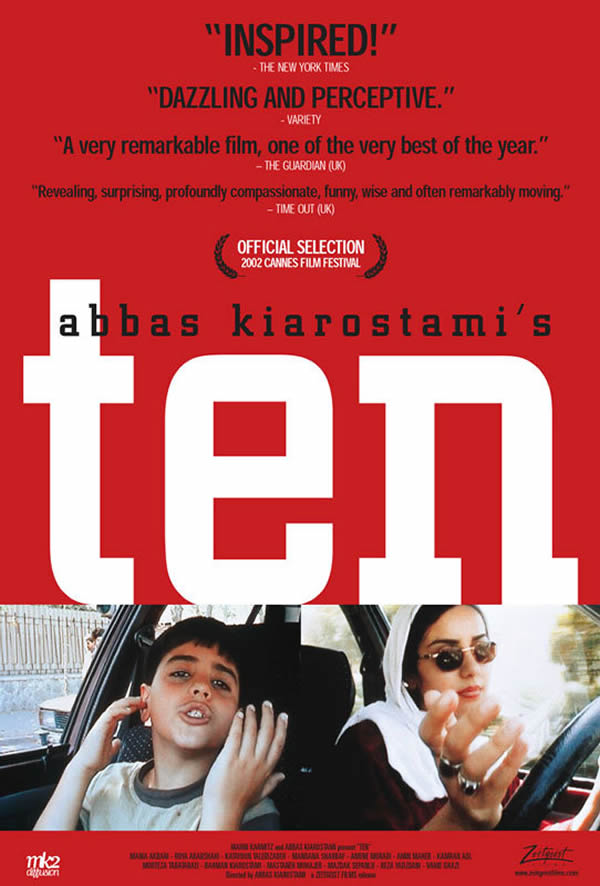
Ten is a bold and innovative film that takes place entirely inside a car in Tehran, where a woman driver has conversations with various passengers, including her young son, a jilted bride, and a prostitute. Through these dialogues, the film explores issues of gender, freedom, and societal constraints in modern-day Iran. Kiarostami’s minimalist approach highlights the emotional depth of his characters, making Ten a powerful examination of life in contemporary Iran through the lens of intimate conversations.
Conclusion
Iranian cinema offers a wealth of deeply emotional and intellectually stimulating films that explore universal themes of love, family, identity, and societal struggles. The ten films listed above represent some of the finest works in Iranian cinema, each offering a unique perspective on the human experience. Whether you are drawn to the simplicity of childhood innocence in Children of Heaven or the complex moral dilemmas in A Separation, these films will leave a lasting impression on any movie lover.

